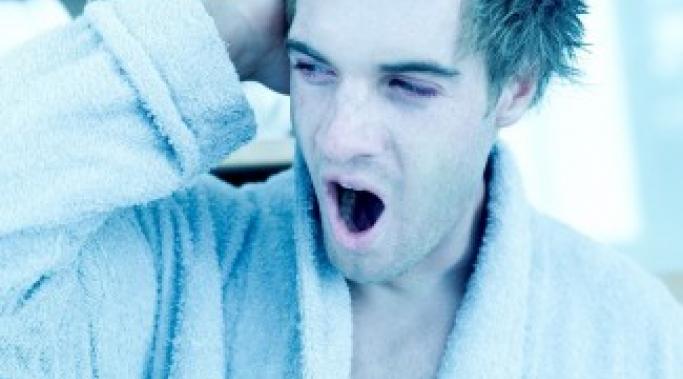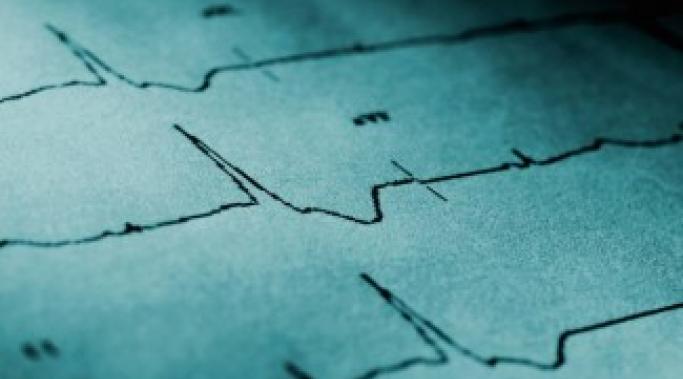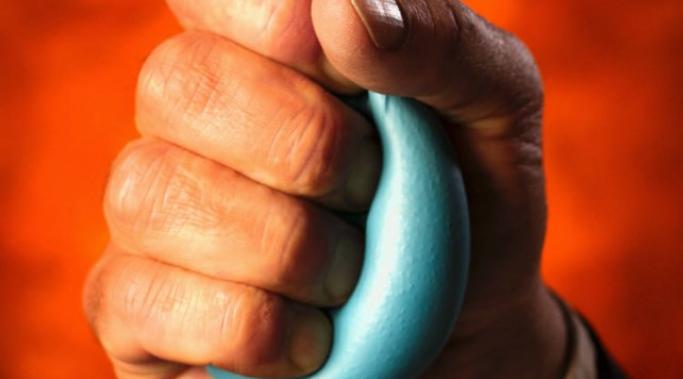On Monday, I was told that my kitty – one of my best friends – has less than a month to live thanks to a tumor in his belly. He went from a clean bill of health in September to now, soon-to-be euthanized, in November. I’m gutted; I’m grieving; and because I have bipolar disorder, I have extra problems to worry about.
About Natasha
I have this thing, and I don’t know if it’s the bipolar, specifically, but I get wired and tired at the same time and it sure feels bipolar-y to me.
In a traditional model of bipolar disorder, a mood episode (depression/mania/hypomania) lasts (untreated) for a prolonged period of time. Typically, an episode will last from weeks to months. In a traditional model, people with untreated bipolar disorder only experience three or fewer mood episodes per year.
To many people that actually sounds like a great blessing because, for many people, mood changes come far more rapidly. People who experience more than three mood episodes per year have what’s known as rapid cycling bipolar disorder. People who have moods that only last days have ultra-rapid cycling bipolar disorder.
And people whose bipolar moods last less than that? That’s known as ultradian cycling bipolar disorder.
I have had years of therapy in my life to deal with bipolar disorder (and other assorted issues). I would say, at least 15. It makes my head spin thinking of all the therapists I have talked to in my time.
But I admit, I’m not in therapy now. I know, as a role model I probably should stand up and say that everyone needs therapy all of the time but I don’t think that. I think that you can outgrow therapy for bipolar disorder.
So I’ve just returned from 10 days in Parma, Italy (see about bipolar vacation planning, here). It was a week-and-a-half of parmigiano reggiano, prosciutto di Parma, gelato and other things that only Italians really know how to make.
People often joke that they “need some time off to recover from that vacation.”
Yes, hilarious.
I’m not exactly sure what they mean by this but what I can say is that as a person with bipolar, I absolutely do need time to recuperate from a vacation.
Yesterday I gave a talk about bipolar disorder to a group of students in 11th grade for the Bipolar Disorder Society of British Columbia. I have given this talk many times and, in general, students love it. It might just be because they get out of math class for the day, or, possibly, I do a good job. Who can say?
We get feedback from every teen we give this talk to. After the talk, I review all the feedback and make sure there are no issues with it (such as a teen in immediate need to help). And yesterday, one of the feedback forms called me an ego-stroking b*tch.
And, I have to say, this never happens. The students are normally a very good audience and their feedback is usually quite genuine. Sometimes they have a comment on something they think can be improved, which is entirely legitimate, but never, has anyone called me a b*tch before.
Out of the class of 30, that was the only negative thing. But it’s the only thing I can think about. Between my bipolar obsessiveness and my depressive negativity, I seem to be solely focused on the negative.
Last week I was in Los Angeles accepting a fairly prestigious award called the Beatrice Stern Media award. It’s an Erasing the Stigma Leadership award given out by Didi Hirsch – a large mental health charity in LA. And while I was (and am) extremely honoured to be accepting such an award, I felt serious pressure when it came time for the acceptance speech. I just kept thinking about how if I didn’t do it well, they would think they would have made a mistake in giving it to me in the first place. The organization had done all the work of flying me down there and putting me up at the Beverly Hilton all to be disappointed with the results.
And the pressure is hard on my bipolar and my bipolar tends to make the pressure worse.
My cat is 16 years old; that is 80 years old in human years. And while he could still be with us for years to come (hopefully), kitties, like humans, don’t live forever.
And, quite frankly, when he goes, I’m going to lose it. Lose all my marbles – bipolar or otherwise. He’s been with me longer than any human. He’s who I’ve come to home to for a decade and a half. His daily rhythms synch with mine (or mine with his, you know, because he’s the boss). He means a whole lot to me.
So I’m preparing for his death. I don’t know when it will happen, but one day, he just isn’t going to wake up.
Yesterday I turned 36 years old. Yes, that’s right, I’m on the “wrong” side of being in my mid-30s. And while I realize that, in our culture, being in your 30s is nothing to be proud of (especially if you’re a woman), I am, in fact, proud.
And here’s why.
I’m proud because I’ve been living with a serious mental illness for (at least) 16 years – and I have survived. Many of our brothers and sisters with bipolar disorder have not been so lucky and we should all celebrate for those who can’t.
I have spent a great many years with this bipolar disorder thing. I have spent a great many years dealing with it. I have spent a great many years suffering with it. I have spent a great many years with medication unsuccessfully controlling it. I have spent a great many years in pain.
And when in an episode, for me it’s a depressive episode, I just want to know, “how many days until I get better? How many more days do I have to live in this agony?”









